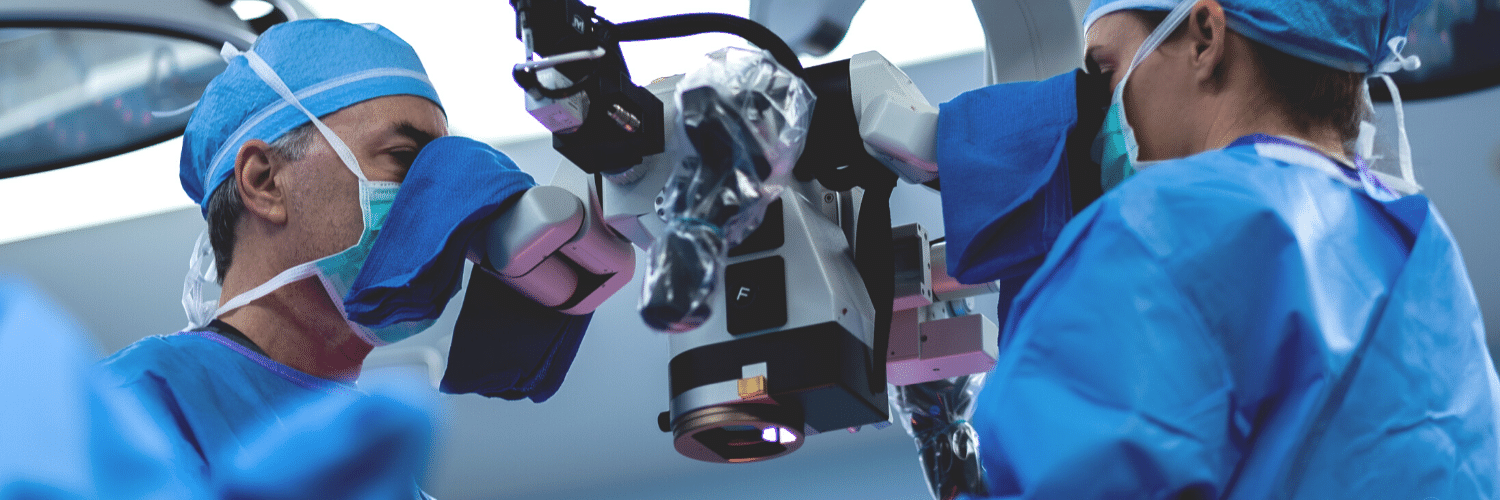
- 9 Comments
- PRMA Plastic Surgery
Author: Dr. Minas Chrysopoulo
How can surgeons reduce the risk of abdominal complications following DIEP flap breast reconstruction?
The following interesting article was published in the “Plastic and Reconstructive Surgery” journal.
Avoiding Denervation of Rectus Abdominis in DIEP Flap Harvest II: An Intraoperative Assessment of the Nerves to Rectus by Rozen W, Ashton M, Kiil B, et al.
Plastic and Reconstructive Surgery:Volume 122(5) November 2008 pp 1321-1325.
Background: The deep inferior epigastric artery perforator (DIEP) flap aims to reduce donor-site morbidity by minimizing rectus muscle damage; however, damage to motor nerves during perforator dissection may denervate rectus muscle. Although cadaveric research has demonstrated that individual nerves do not arise from single spinal cord segments and are not distributed segmentally, the functional distribution of individual nerves remains unknown. Using intraoperative nerve stimulation, the current study describes the motor distribution of individual nerves supplying the rectus abdominis, providing a guide to nerve dissection during DIEP flap harvest.
Methods: Twenty rectus abdominis muscles in 17 patients undergoing reconstructive surgery involving rectus abdominis (DIEP, transverse rectus abdominis musculocutaneous, or vertical rectus abdominis musculocutaneous flaps) underwent intraoperative stimulation of nerves innervating the infraumbilical segment of the rectus. Nerve course and extent of rectus muscle contraction were recorded.
Results: In each case, three to seven nerves entered the infraumbilical segment of the rectus abdominis. Small nerves (type 1) innervated small longitudinal strips of rectus muscle, rather than transverse strips as previously described. There was significant overlap between adjacent type 1 nerves. In 18 of 20 cases, a single large nerve (type 2) at the level of the arcuate line supplied the entire width and length of rectus muscle.
Conclusions: Nerves innervating the rectus abdominis are at risk during DIEP flap harvest. Small, type 1 nerves have overlapping innervation from adjacent nerves and may be sacrificed without functional detriment. However, large type 2 nerves at the level of the arcuate line innervate the entire width of rectus muscle without adjacent overlap and may contribute to donor-site morbidity if sacrificed.
Some thoughts…
For DIEP flap surgery to be considered successful, several things need to occur:
1) the tissue (flap) transferred to the chest to create the new breast must survive fully.
2) the patient must not suffer any ill-effects from removal of the tissue (“flap”) from the abdomen. This is known as “donor-site morbidity”. Potential abdominal complications include bulging (“pooching”), a hernia, and significant loss of core muscle strength.
3) the patient must be happy with the results in terms of recovery, return to normal activity and cosmesis.
This article addresses number 2. Ideally, other than the visible scar, the patient’s abdomen must recover completely from the surgery, have an aesthetic contour, and suffer no long-term problems to be deemed a full success. Merely preserving abdominal muscle will not guarantee full recovery. It does not matter how much muscle is saved if the nerves supplying it have all been cut. A muscle without a healthy nerve supply will lose it’s tone, strength and function. If the DIEP surgeon does not take great care to identify and preserve the majority of the nerves supplying the abdominal muscle then the benefits of the DIEP flap procedure are potentially lost, and the risk of abdominal complications, especially an unsightly bulge, increases.
If the DIEP surgeon does not take great care to identify and preserve the majority of the nerves supplying the abdominal muscle then the benefits of the DIEP flap procedure are potentially lost, and the risk of abdominal complications, especially an unsightly bulge, increases.
Leave Comment
No Comments
Sign Up for Our Monthly Newsletter
Continue Reading

Avoiding Denervation of Abdominal Muscles during DIEP Flap Breast Reconstruction
Avoiding Denervation of Abdominal Muscles during DIEP Flap Breast Reconstruction July 07, 2020 Share on Facebook Twitter Linkedin Author: Dr. Minas Chrysopoulo How can surgeons reduce the risk of abdominal complications following DIEP flap breast reconstruction? The following interesting article was published in the “Plastic and Reconstructive Surgery” journal. Avoiding Denervation of Rectus Abdominis in […]
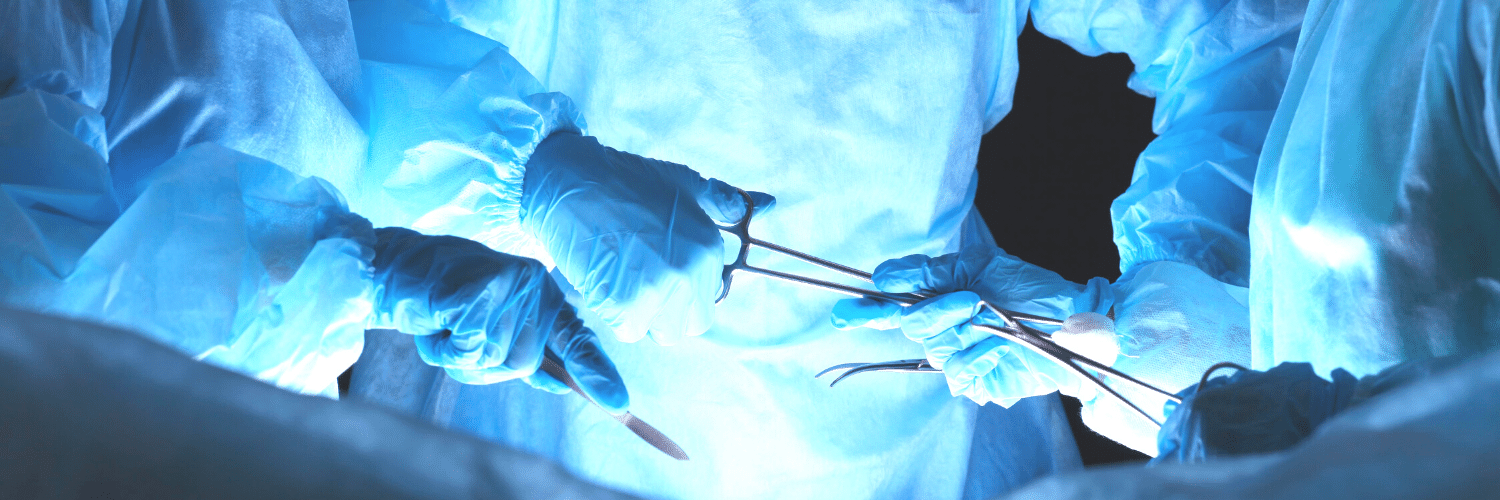
Plastic Surgeon Using New Technology in Breast Reconstruction Surgery
Plastic Surgeon Using New Technology in Breast Reconstruction Surgeryhnology to help in breast reconstruction surgery. July 07, 2020 Share on Facebook Twitter Linkedin Author: Wendy Rigby- KENS 5 Eyewitness News What is SPY technology and how is it used in breast reconstruction? San Antonio’s Methodist Hospital is one of only two facilities in the country […]
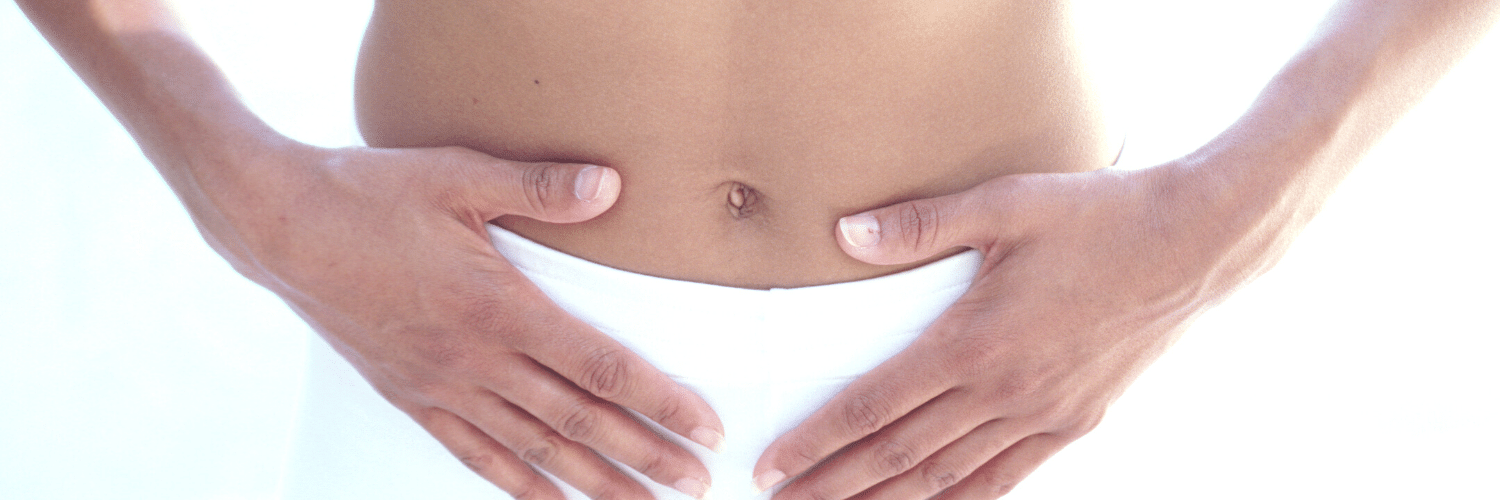
Comparison of Abdominal Recovery After SIEA, DIEP, TRAM Flap Breast Reconstruction
Comparison of Abdominal Recovery After SIEA, DIEP, TRAM Flap Breast Reconstruction July 07, 2020 Share on Facebook Twitter Linkedin Author: Dr. Minas Chrysopoulo Is there a difference in recovery between the different abdominal flap breast reconstruction options? A study published in Plastic and Reconstructive Surgery examined the abdominal recovery rates and patient satisfaction after breast […]

Christina Applegate Mastectomy Calls Attention To Need For Team Approach To Breast Cancer Reconstruction
Christina Applegate Mastectomy Calls Attention To Need For Team Approach To Breast Cancer Reconstruction July 07, 2020 Share on Facebook Twitter Linkedin Did Christina Applegate have breast reconstruction? Actress Christina Applegate’s public disclosure of her breast cancer, her decision to have a double mastectomy, and plans to go forth with breast reconstruction surgery, calls attention […]

98% Of Mastectomy Patients Would Have Reconstruction Again, Study Says
98% Of Mastectomy Patients Would Have Reconstruction Again, Study Says Share on Facebook Twitter Linkedin Author Dr. Minas Chrysopoulo Are patients satisfied with their decision to have breast reconstruction? Women who have breast reconstruction after an mastectomy are satisfied with their decision, have low complication rates and 98% would do it again, reports a study […]
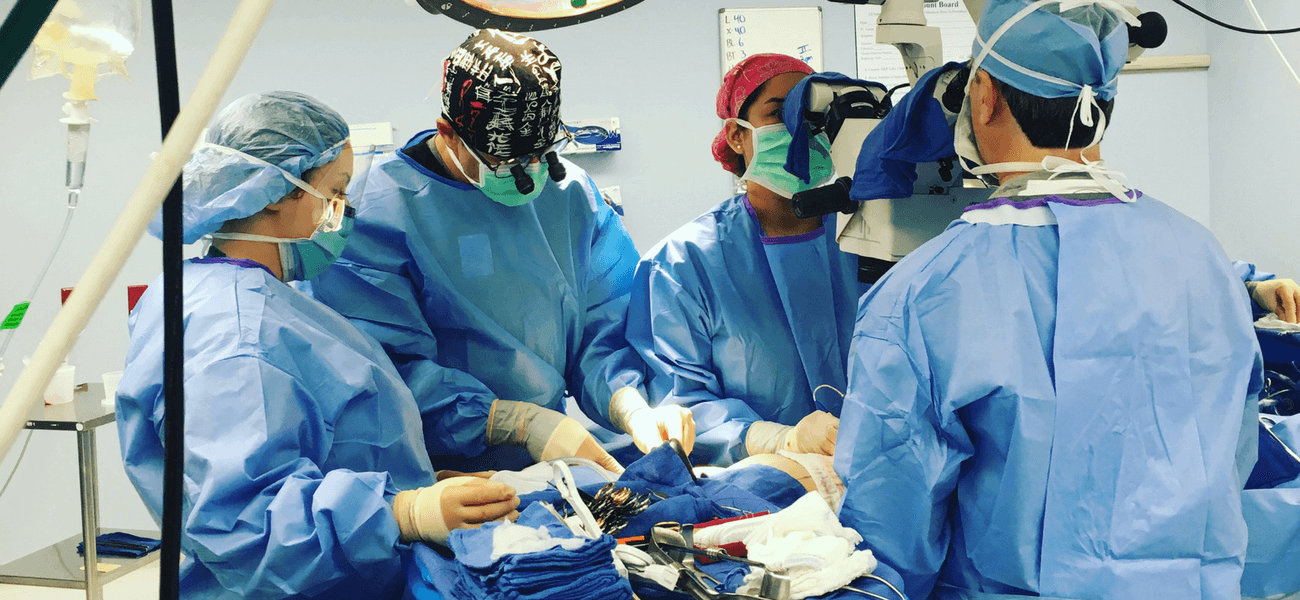
Immediate Breast Reconstruction After Mastectomy is Safe Says ASPS Study
Immediate Breast Reconstruction After Mastectomy is Safe Says ASPS Study Share on Facebook Twitter Linkedin Author Dr. Minas Chrysopoulo Is immediate breast reconstruction safe? Breast Reconstruction Does Not Impede Chemotherapy, Recovery or Diagnosis of Breast Cancer Recurrence. Debunking the myth that women with locally advanced breast cancer must wait until after chemotherapy to have their […]

Previous Abdominal Surgeries Increase Risk of Abdominal Complications after DIEP Flap Surgery
Previous Abdominal Surgeries Increase Risk of Abdominal Complications after DIEP Flap Surgery Share on Facebook Twitter Linkedin Author Dr. Minas Chrysopoulo Does having a history of abdominal surgery increase the risk of complications during DIEP flap breast reconstruction? A study published in “Plastic and Reconstructive Surgery” has shown that patients who have had previous abdominal […]

US Panel Mulls Minimum Breast Cancer Hospital Stay
US Panel Mulls Minimum Breast Cancer Hospital Stay Share on Facebook Twitter Linkedin Does insurance have to pay for hospital stay after breast cancer surgery? WASHINGTON (Reuters) – A congressional panel on Wednesday said it has bipartisan support for a bill requiring health insurers to pay for a minimum 48-hour hospital stay after breast cancer […]

Fat-Derived Stem Cell Enhanced Breast Reconstruction for Lumpectomy Repair
Fat-Derived Stem Cell Enhanced Breast Reconstruction for Lumpectomy Repair Share on Facebook Twitter Linkedin Cytori Celution Improves Soft Tissue Transplantation A lumpectomy is less drastic than having a mastectomy, but it leaves you with a scar and a dimple where a smooth, full curve used to be. The breast can also end up much smaller […]

Breast Reconstruction Advances Fix Distortions Left by Lumpectomy
Breast Reconstruction Advances Fix Distortions Left by Lumpectomy Share on Facebook Twitter Linkedin Are there breast reconstruction options to fix Lumpectomy defects? ASPS Report Examines Reconstruction Innovations for Breast Cancer Patients Including Partial and Full Mastectomies For Immediate Release: April 2008 ARLINGTON HEIGHTS, Ill.: Lumpectomy or breast conservation surgery is the most common type of […]
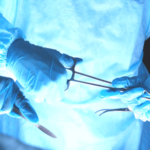
Plastic Surgeon Using New Technology in Breast Reconstruction Surgery
Breast Cancer Recurrence Not Influenced By Method Of Breast Reconstruction

Christina
I had a bilateral DIEP in 2011 after cancer and BRCA 1 positive. I started having problems with abdominal muscle cramps not long after. Now I have horrible muscle spasms that are so frequent and intense it has become difficult to function at times. The Dr. that preformed the surgery is on the other side of the country so I can’t see him. I don’t really want to after a flap failure, 2 revisions and extra time in the hospital for MRSA. Before the surgery he told me my vessels we small but it would work. Is it a nerve problem? A circulatory problem? GI diagnosed me with IBS C but doesn’t get the spasms. Before the surgery I never had bowel problems. I can’t believe I survived cancer to live like this. I live close to the Cleveland Clinic. What kind of Doctor should I see?
PRMA Plastic Surgery
We hate to hear you are going through all of this Christina! We would recommend following up with your original surgeon to let him/her know what is going on. They may be able to refer you to a surgeon that specializes in abdominal wall repair near you.
Anonymous
If there is denervation of the rectus abdominus muscle during diep flap, resulting in a bulge, can this be “fixed” successfully with mesh?
PRMA Plastic Surgery
Denervation of the rectus muscle during dissection of DIEP flaps is a not uncommon due to individual patient variation regarding location of perforators that are necessary for flap perfusion. At PRMA, if we encounter this anatomic limitation that obligates us to divide a motor nerve supplying the rectus muscle, we will directly repair the nerve under microscopic magnification in order to optimize the potential for muscle re-innervation during the healing process. If rectus muscle denerevation persists causing muscle weakness and a subsequent bulge, the area of muscle weakness can be “reinforced” passively with various kinds of mesh. The objective during these repair procedures is to promote formation of a thick layer (or sheet) of scar tissue over the weakened muscle so as to prevent bulging of the abdominal musculature with physical activity.
Anonymous
I had diep on rt. side, m/s free tram on left side (and mesh used on left side). Result: 5 mos. post op and I have a bulge on the diep side, no bulge on left side where mesh was used. Bulge is very small when I wake up but gets larger as I go about my day. Hernia was ruled out via Ultrasound. Can my bulge be fixed by opening up the abd. scar and putting in mesh? Does insurance cover this? or is it considered cosmetic? If it’s cosmetic roughly how much might I expect to pay. Very upset with my outcome as there are other issues, too numerous to mention here.
PRMA Plastic Surgery
I am so sorry to hear you are experiencing this. It is truly difficult to say what your options may be and if insurance will cover it or not until one of our surgeons has consulted with you in person to see what is going on and what may be an option to help correct the complication. You are welcome to fill out our free virtual consultation form at https://prma-enhance.com/schedule-your-consultation/. Once received, one of our board certified plastic surgeons can review your case and provide you with their recommendations. Hope this is helpful!
Patty
I had DIEP flap surgery in August 2010. something strange has started happening recently. Sometimes when I bend over and my abdominal muscles are contracted, they start spasming like I am getting a cramp in the muscle. I don’t have feeling there so it isn’t painful just weird. Is that common?
PRMA Plastic Surgery
Hello Patty! Seeing as it’s been almost six years since your surgery it is probably best to follow up with your surgeon just to make sure you are not experiencing any complications. It is probably nothing to be concerned about, but it is always important to follow up. Hope you have a wonderful day!
Ros Stone
I had diep flap surgery 5/26/21. I was left with a belly that looks distended as if Im 6 months pregnant. I was told this is because I have diastesis recti. I believe this is possible since I carried twins and told it was seen ok the ct scan but Im very displeased that I wasnt warned this could happen and that the surgeon didnt look for this in the ct scan prior to surgery. He says it can be fixed with plication in phase 2. But how would I know that this bulging is not because of denervation?